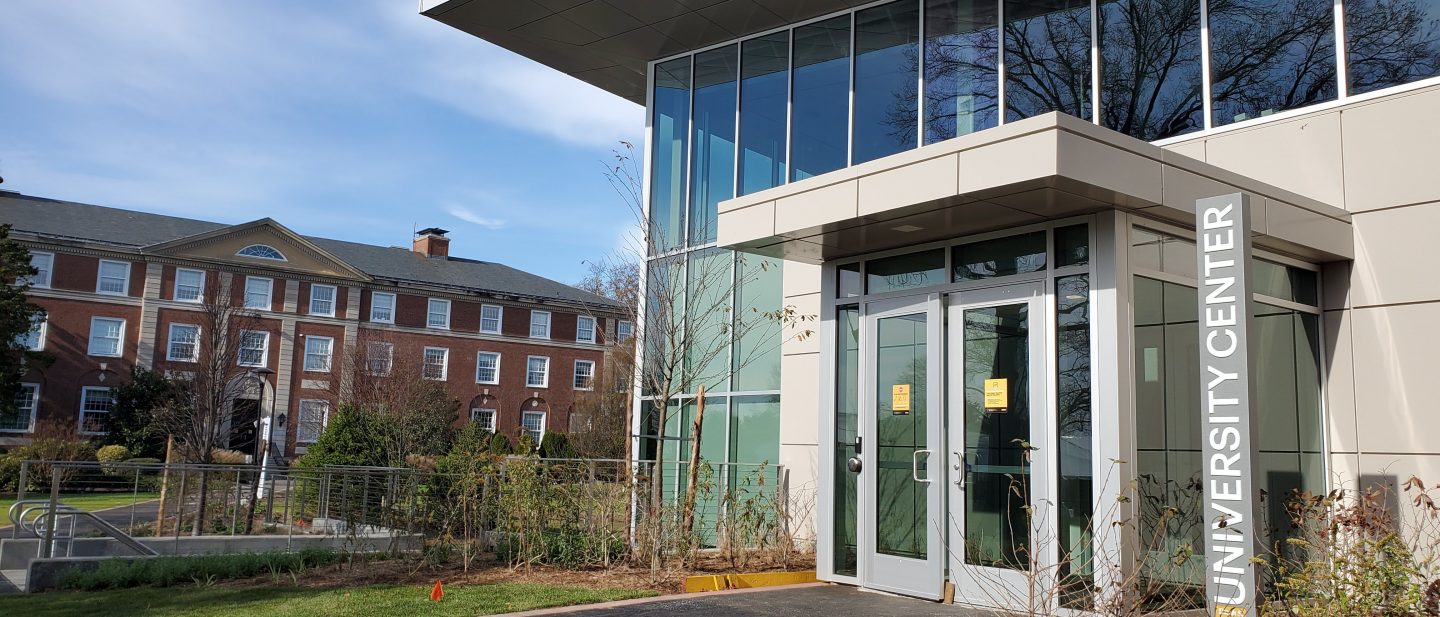Visa Revocation
A visa revocation means your U.S. visa is no longer valid and cannot be used to re-enter the United States. The U.S. government has the discretion to revoke a visa at any time, although this typically occurs only under serious or exceptional circumstances.
What Is a Visa Revocation?
When a visa is revoked, it becomes invalid from the date of its original issuance.
This means the U.S. Department of State has cancelled the visa, and it can no longer be used for travel to the United States.
Revocation Authority
Under Section 221(i) of the Immigration and Nationality Act (INA), the U.S. Department of State has the authority to revoke a visa after it has been issued.
This discretionary authority may be exercised by a consular officer or the Secretary of State at any time for reasons such as:
- A change in the visa holder’s eligibility
- Public safety or national security concerns
- New information indicating potential ineligibility
Common Reasons for Visa Revocation
A consular officer may revoke a visa if any of the following apply:
- New information: Background checks or intelligence reports reveal ineligibility.
- Improper or inconsistent use: The visa is used for purposes inconsistent with its classification (e.g., working without authorization on an F-1 visa).
- Failure to comply with regulations: Not maintaining compliance with systems such as SEVIS (Student Exchange Visitor Information System).
- Ineligibility: Discovery of health issues, immigration fraud, or other factors making the individual inadmissible.
- Public safety concerns: Involvement in criminal activity, threats to public safety, or support for terrorist organizations.
- Overstays: Evidence of past or potential overstays.
- Misrepresentation or fraud: Issuance based on incorrect or fraudulent information.
Notification Process
Students will be notified directly by the U.S. Department of State or the U.S. Embassy or Consulate where the visa was issued.
- Notifications are typically sent to the email address listed on the DS-160 form used for the visa application.
- You may also check your visa status on the U.S. Department of State Visa Status Portal
Important: The university is not notified if your visa is revoked. It is your responsibility to monitor your visa status and communicate with the embassy or consulate if you receive notice of a revocation.
What Happens Next
If your visa is revoked:
- The visa is no longer valid for entry or reentry to the United States.
- If revoked while you are in the U.S., you may be considered deportable under certain conditions.
- Your current F-1 status is not affected as long as you:
- Remain in the U.S.
- Maintain full-time enrollment and normal academic progress.
- Possess a valid Form I-20 or DS-2019.
If you leave the U.S. after your visa is revoked, you must apply for a new visa before attempting to re-enter.
What to Do if Your Visa Is Revoked
- Check your status: Review your visa record using the Visa Status Portal
- Contact the embassy or consulate: If you haven’t received official notice, reach out to the issuing post for clarification.
- Understand your rights:
- In certain cases, appeals may be available under the same procedures as visa petition denials.
- Appeals generally must be filed within 15 days of receiving the notice, per Department of Justice regulations. Visa Revocation Appeals
- Seek Legal Counsel: Visa revocations can be complex and case-specific.
- Students are strongly encouraged to consult an experienced immigration attorney for legal guidance regarding: visa status and eligibility, travel options, re-entry procedures, and appeal processes.
